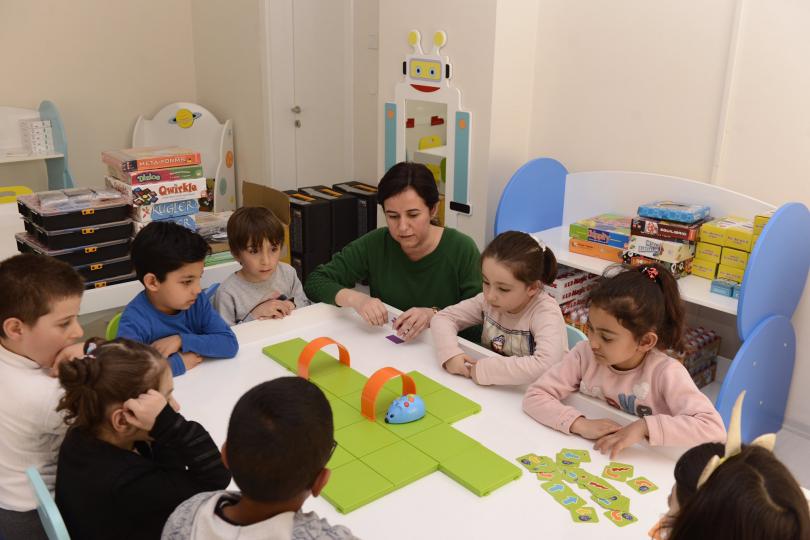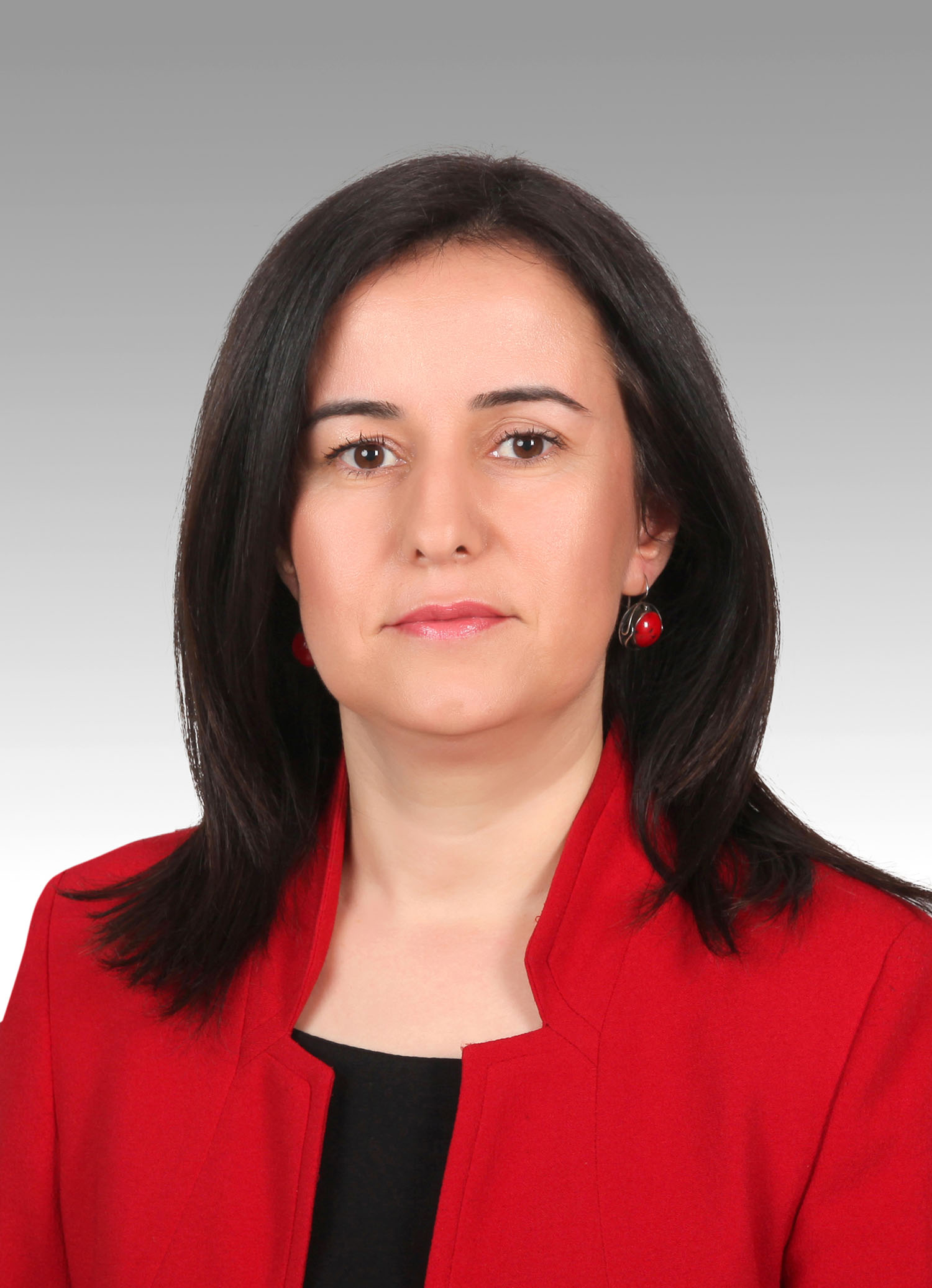
Including disadvantaged pupils in education shows how a disadvantage can become an advantage
An interview with Aynur Bayazit, a finalist of Global Teacher Prize 2020, from Kırşehir Merkez, Turkey.
How has the closure of schools in 2020 changed teaching methods and styles? What changes have you experienced in your professional life and what was the biggest challenge?
Distance and online education began in our country as well as in the world with the closure of the schools. I have experience in distance and online education because of my previous studies and projects. I did not have any problems in this regard, but it took time for students and parents to learn about the web tools and digital technology that they use now in online education.
One of the most important concerns at my school is the issue of equality. At the beginning of the global pandemic, we had problems with access to the internet and devices. But then the school provided students with some financial resources. I tried to reduce the inequality by donating the tablets from the ICT classroom.
As my students are very young, I shared the weekly educational activities that I prepared via WhatsApp and Zoom platforms. Since my students have a very limited attention span, I tried to support their development through fairy tale activities, drama workshops, and experiments that will hold their attention.
Could you give some practical tips for the teachers reading this interview on how to overcome the unprecedented challenges they face in 2020?
Challenges are part of our lives and we will always have them. What matters is how we act and the decisions we make in these moments. You have to deal with these challenges and overcome obstacles. They always say, “To believe in something, to intend and to begin is half the work.” Everything will be easier if you believe you can do it.
I started to work as a teacher at Menekşe-Ahmet Yalçınkaya Kindergarten in 2015. It is located in a disadvantaged area where families struggle with poverty and where the majority of families are refugees. Since refugee families did not want to send their children to school, I made home visits and made sure that children attend the educational institutions.
Another challenge in the school was a group of pupils with autism. I devoted myself to my autistic pupils because they and their families were desperate. They are excluded from society and from schools. By providing equal opportunities to disabled pupils, we could help them to benefit from education. We help the most vulnerable families to reintegrate and struggle against poverty. And that is why I strongly recommended that these families send their children to the school.
Another challenge was the lack of educational materials for autistic students in my class. Therefore I started the “My special friend, this workshop is for you” project and established a working group in my school to develop materials suitable for by pupils with autism. Apart from the regular classes, I’ve also produced educational materials for the linguistic, mental and psychomotor development of such students. At the start, my students could not speak, did not want to communicate, and had not developed any skills. Thanks to these materials, their rate of acquisition of knowledge and skills increased from 20% to 90%, behavioural challenges decreased and participation in social events increased by 95%. Five of my students started primary school and learned to read and write like their peers.
This activity was the first example in Turkey and since then I made a great effort to distribute these materials to schools that work with autistic students.

(Photo: @Varkey Foundation)
How did it all start for you in the teaching profession?
When I started working at my school in 2015, there was only one old computer. So I decided to do a project “Think creatively, realise your dreams” in order to improve the digital skills of my students, stimulate their imaginations and strengthen their creativity. With grant support, a Robotics-Coding and Mind Games class was established in 3 village schools in disadvantaged regions like ours, in order to make the lessons more attractive and to benefit from digital tools.
In addition to that, my aim was to help teachers get used to digital processes and to develop their knowledge and skills, which would ultimately benefit their students.
The difficulties at my school have never discouraged me. There was a problem with the reading skills of the pupils. The overall reading rate in Turkey is very low. So I started the initiative “Little Ahiler, learn their values” (Ahiler were members of a historial Turkish-Islamic community) in order to increase the number of quality of story books for students aged 5-10. I wrote 10 storybooks on the topics of love, respect, responsibility, cooperation, sharing and empathy with the families. I tried to contribute to the increase of reading habits.
In 2018 and 2019 I was nominated Teacher of the Year by the Turkish Ministry of National Education. And in 2020, I was selected among the top 50 best teachers in the world by the Varkey Foundation.
What advice to you have for your colleagues around the world to encourage and support them in this difficult year?
I have been a teacher for 20 years and have never given up learning. The most important philosophy of my professional life has been always "A teacher is always a student ready to learn". I have always been ready to learn in order to equip my students with 21st century skills and to acquire the knowledge and experience required in this age. This knowledge and experience helped me during the pandemic and I did not panic. I have always worked in schools with disadvantaged pupils and I have always managed to turn their disadvantage into an advantage. Success is not a coincidence, and the only pathway to it is hard work.
Did you like this article? If you would like to be notified when new content like this is published, subscribe to receive our email alerts.